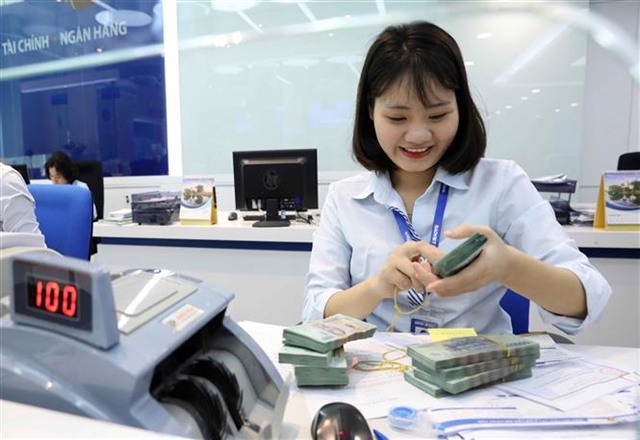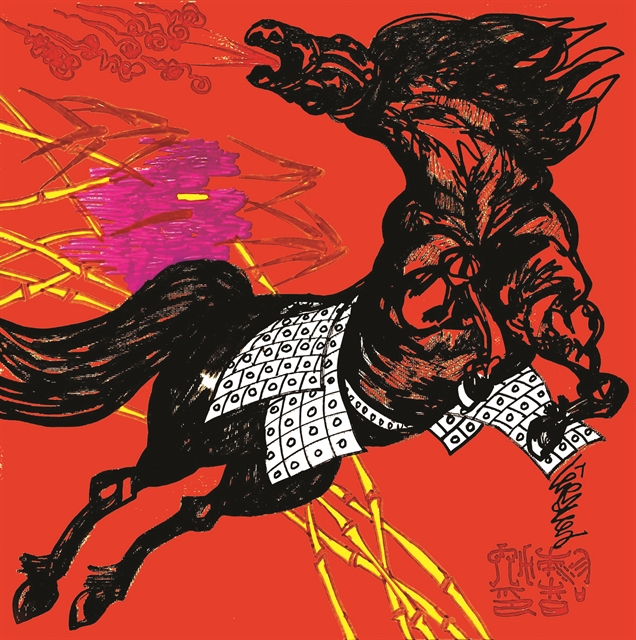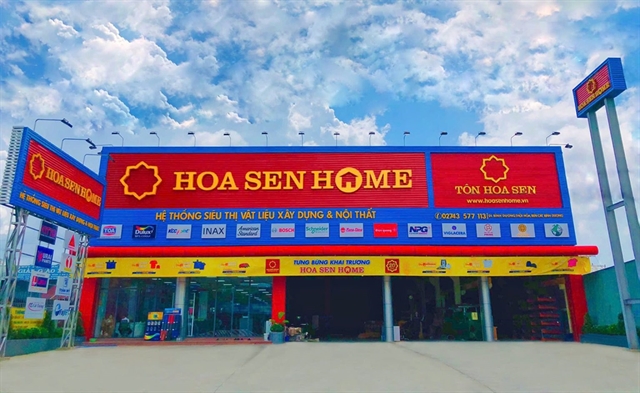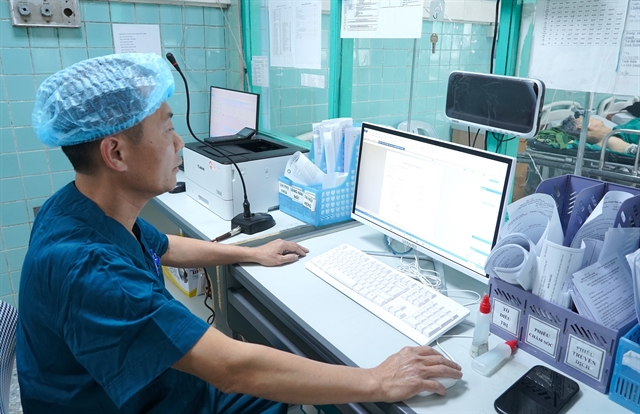 Society
Society

On Wednesday, Minister of Transport Nguyễn Văn Thể vowed to work with Hà Nội authorities and other authorised agencies to quickly complete safety inspections of Cát Linh-Hà Đông elevated railway.
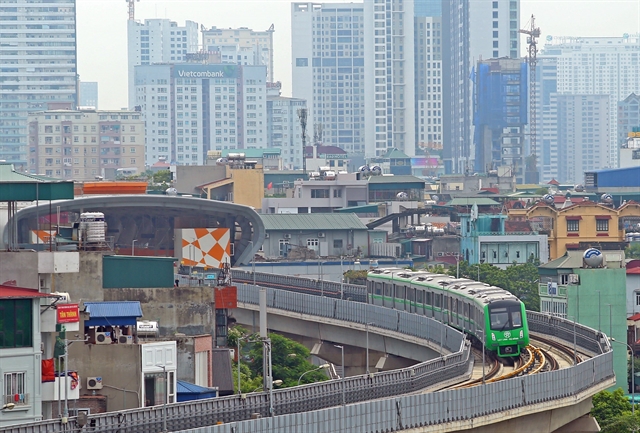
|
| Cát Linh-Hà Đông elevated railway on a trial run near Hoàng Cầu Lake, Đống Đa District in Hà Nội. The project has been delayed seven times and it is unclear when it willl be put into commercial operation. VNA/VNS Photo Huy Hùng |
HÀ NỘI On Wednesday, Minister of Transport Nguyễn Văn Thể vowed to work with Hà Nội authorities and other authorised agencies to quickly complete safety inspections of Cát Linh-Hà Đông elevated railway.
Only once the metro line’s safety is ensured will it be put into official commercial operation, he told National Assembly (NA) deputies.
The exact opening date of the long-delayed project was among questions the cabinet leader received during his question and answer session at the NA.
The project was initially approved in 2009.
The transport ministry reported initial project capital of more than VNĐ8.7 trillion and adjusted it to more than VNĐ18 trillion in 2016.
It was expected to be put into operation in 2013. However, after seven delays, it is still unclear when it will open.
On behalf of the transport ministry, Thể pledged the ministry would do its best to work with relevant agencies and ensure safety before it is put into operation. Otherwise, the ministry will accept any punishments according to the law.
Other long-delayed projects in the report the transport ministry submitted to the NA were the Bến Thành-Suối Tiên metro line, Bến Thành-Tham Lương metro line in HCM City and Nhổn-Hà Nội train station railway line in Hà Nội. Those projects have had cost overruns reaching up to tens of thousands of billions of đồng.
Deputy Bùi Văn Xuyền from Thái Bình Province asked minister Thể for punishments imposed on individuals and organisations involved in delayed transport projects with cost overruns.
Minister Thể told NA deputies that the ministry has removed a number of management board directors of delayed projects. Punishments will be strictly imposed on those who committed violations, as determined by the audit sector.
Responding to a question about poor performances of investors, Thể said the ministry would issue warnings to investors with weak capability or would move to end contracts.
“The ministry has a system which rates investor performance," he said. "Poor-performing investors will be limited from bidding."
Deputy Prime Minister Trịnh Đình Dũng, who joined Thể in the session, said the Government would focus on lifting barriers to completing Trung Lương-Mỹ Thuận-Cần Thơ Expressway in the south and Bắc Giang-Lạng Sơn Expressway in the north, and quickly put into operation Cát Linh-Hà Đông metro line and complete contractor selection for the North-South Expressway and HCM City’s Tân Sơn Nhất Airport.
The Government will address shortcomings of Build-Operate-Transfer projects.
Dũng highlighted the need to create links between Mekong Delta provinces and HCM City by building a road and a railway line connecting HCM City and Cần Thơ, as well as a waterways route on Chợ Gạo Canal in the Mekong Delta province of Tiền Giang.
Drink driving
Deputy Phạm Huyền Ngọc from Ninh Thuận Province said a series of recent accidents had occurred as a consequence of drink driving.
Penalties on drink drivers are not strict enough and regulations for driving tests are often ignored, she said. She asked for solutions from the ministry to raise awareness and discourage dangerous behaviour.
Thể said the transport ministry will adjust regulations related to driving tests to add more difficult questions to multiple choice law tests, extending practice time and stepping up supervision of driving lessons.
Thể admitted the ministry bears responsibility for managing the registration of transport firms and has ordered local transport departments to conduct drug and health tests for drivers.
Deputies raised concerns about the fact that only 30 per cent of toll booths nationwide have non-stop toll collection services.
Minister Thể said the deadline for all tool booths across the country to install the systems is December 31. Toll booths will also add cameras to monitor traffic and revenues.
Thể was also asked to ensure a fair market for both traditional taxis and ride-hailing apps.
He said Decree 86/2014/NĐ-CP, which set conditions for automobile transportation business, will be adjusted will allow traditional taxis to transition to new technologies like ride-hailing services to ensure they can remain competitive.
Deputy Phạm Văn Hòa said the number of registered e-contract cars is fewer than the actual number. Grab paid taxes of about VNĐ10 billion from 2014 to 2018, while traditional taxi companies on average had to pay trillions of đồng.
Minister of Finance Đinh Tiến Dũng said the ministry will share business’ tax data to better manage collection. VNS

